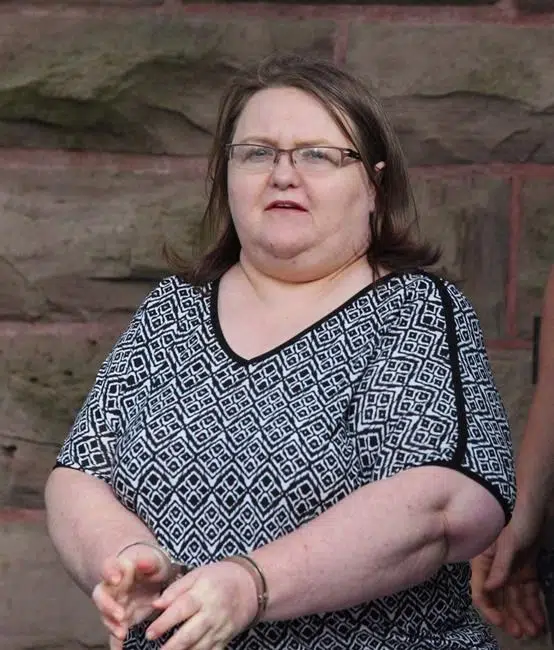
Wettlaufer killing inquiry: 17 groups can take part, commissioner rules
TORONTO — A surviving victim, relatives of murdered seniors, and advocacy and health-care groups are among 17 groups and entities granted permission to take part in a public inquiry sparked by nurse Elizabeth Wettlaufer, who is serving life for killing eight elderly long-term-care residents in Ontario.
In her decision released Thursday, Commissioner Eileen Gillese said survivor Beverly Bertram along with victims’ family members and close friends — organized into three separate groups — will have the right to call and question witnesses.
“It is self-evident that each of these applicants has a substantial and direct interest in the subject matter of the inquiry,” Gillese wrote in her decision. “Each has suffered, and indeed continues to suffer, as a direct result of the offences.”
Given their direct knowledge of the offences and surrounding circumstances, their participation will “further the conduct” of the hearings and contribute to their openness and fairness, Gillese said. To facilitate participation, the commissioner also recommended the government provide them financial aid.
